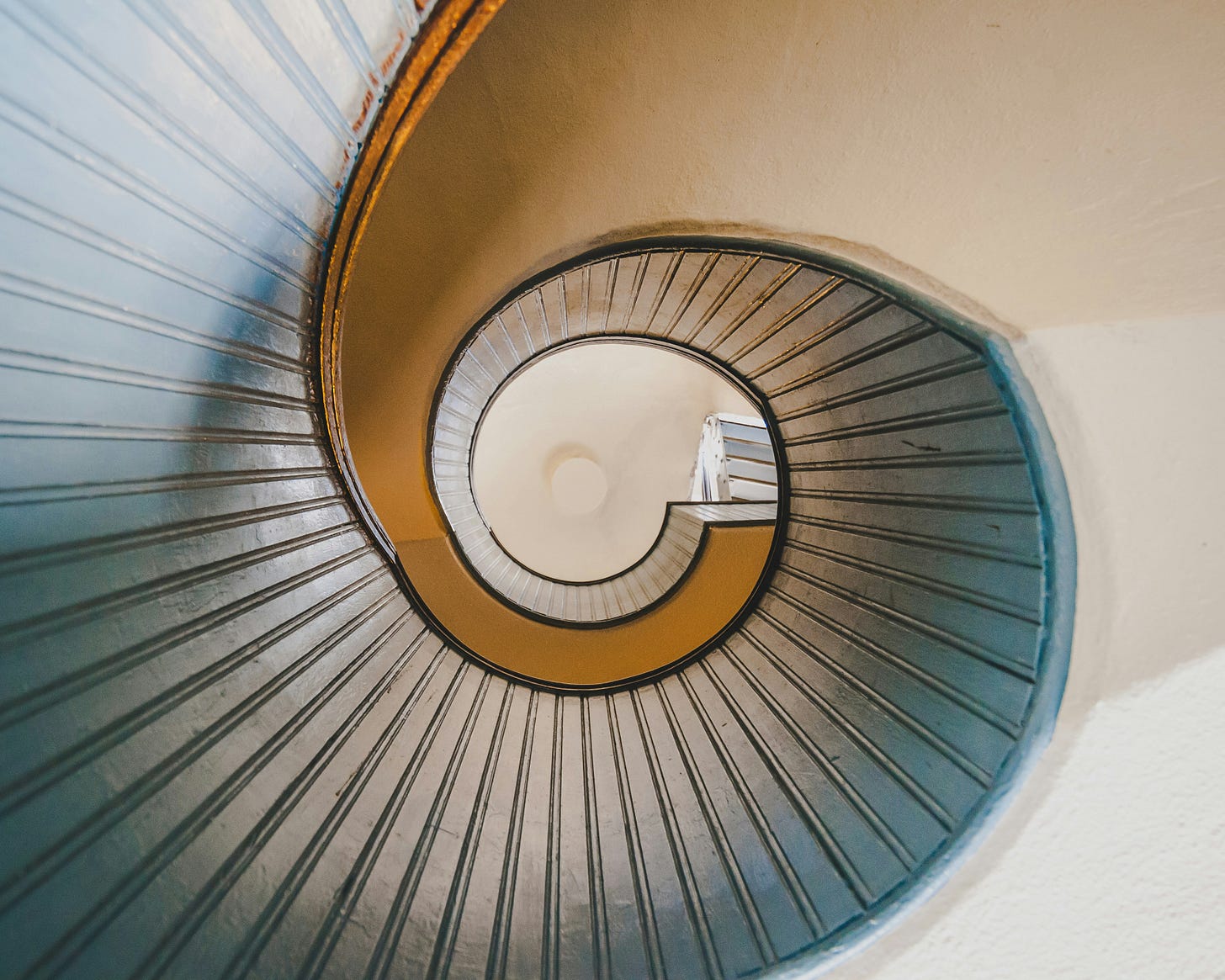
Disability and Determination is a weekly newsletter about my experience navigating life with a rare disability. If you like this post, feel free to give a click on the ❤️ symbol below. This will help me get discovered by others on Substack. To be notified of future posts, drop your email in the field at the bottom and click the Subscribe button. If you’d like to further contribute, I also offer a paid subscription option (that includes extra monthly content), or you can Buy Me a Coffee ☕ I’m glad you’re here ☺️
I was never good at word problems in math class. I could do most algebra and all the other basic number-crunching stuff, but word problems just never clicked for me. Neither did Geometry. Though I enjoyed my eccentric teacher with his fluff of gray hair and tie-dyed lab coats, I still couldn’t tell you how to solve a proof. Conceptual stuff like that has always been difficult for the way my brain works. I’m much better at a + b = c.
Ironically though, I am a great problem solver in my life. I have to be. Being disabled, you don’t really have much choice, especially as the world around you is largely inaccessible.
My brain is a constant news ticker, only instead of news, it’s constantly thinking about how to get through a certain situation (i.e. ending up somewhere with stairs or no curb cuts), or how I can make my life easier and conserve my energy.
My parents were on a trip recently and as I’ve mentioned, I live in a two story house which was fine when I was young, but has become increasingly difficult—especially with a dog. My dad helps me get things up and down that I need and can’t carry (I need both arms and legs to be able to get up and down them and any extra weight can make that harder). I rely on my parents a lot to help until I can finally get a stair lift put in.
When my parents are gone, I generally use a lot more energy because I don’t have help with my dog (I do have a dog walker though), and I have to do more things around the house than I normally would. That means I constantly have to be strategizing about how I can conserve energy and make things easier on myself. I’ve gotten quite good at it actually. I keep sets of things downstairs so I don’t have to go up more than once in a day. I bring things down that I use a lot like my laptop. I sit in my lift chair more than on the couch since I don’t have to strain my muscles to get in and out of it. I use a bag so I can take a few light things up in it if I need to.
I remember when I was in Jackson, Wyoming decades ago. I was on a tour, but I spent most of the time we weren’t together as a group by myself. I was shopping in the downtown “square” area, and there were no curb cuts. I literally stopped and had to look around me to figure out how I was going to get to the other side of the street to go to a store I wanted to. This was well before the days of my using a walker too which can actually help in these situations. There were large, wooden, very “Western”-looking posts coming up all across the sidewalk that connected to the overhang on both sides of the street. One of these posts happened to have a statue of some kind of animal next to it. I held on to a post to get down off the curb, promptly jay walked, and got myself up onto the other side with another post and the animal statue.
That’s just one example, but there have literally been hundreds of those instances in my life. Maybe even more than that. This is the mental toll that having a disability can have on you (mostly because of outside factors or a lack of accessibility and not because of our actual disability). I get overwhelmed and mentally tired often, and it’s because I’m constantly having to problem solve, even if I’m just at home. Imagine your brain constantly trying to figure out a word problem (sometimes, even when you’re trying to sleep). Energy isn’t just something that gets you through the day when you have a disability—it’s something you physically need so that you don’t hurt yourself or end up in the hospital.
I’m thankful for my precise problem solving abilities—they’ve helped me in a ton of ways in my life. Unfortunately, because it’s something that’s almost impossible to turn off, it can get very exhausting. It would be a lot less tedious to just be able to do certain things without a risk of falling or hurting myself, or to have the strength to be able to do them. Or, to be able to do things without having to figure out how I’m going to them, like non-disabled people. I could have just crossed the street with no issue in Jackson. I could go up and down the stairs in my house as many times as I need to.
It’s a great skill, but sometimes it’s one you wish you didn’t have to use all the time.
☮️❤️




Thank you for sharing your near constant reality with us. It’s very humbling for those of us who don’t have to exert that much focus in our day to day.
I’m curious - when your parents are away, do you stay on the first floor of the house?
This is so well articulated. Thanks to outside barriers it takes so much more planning and creative thinking just to do basic ‘life stuff’!